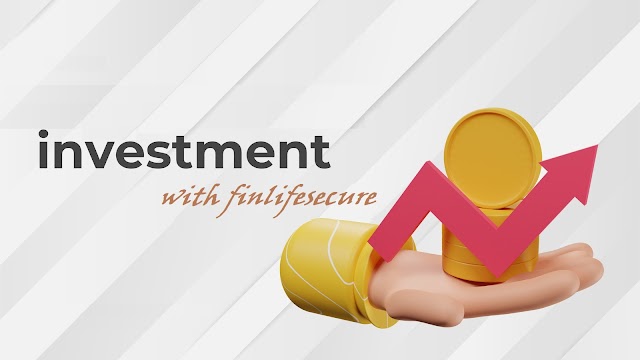Health insurance is a vital component of your financial planning. Imagine if you find yourself
without health insurance coverage, leaving your financial safety net
vulnerable. Your carefully crafted savings plan, designed to safeguard your
life, could face unforeseen challenges. Allow us to illustrate: if your current
savings amount to Rs. 10 lakh, whether in the form of Fixed Deposits, SIP,
Share Market, Savings account, etc., and your family consists of six members,
including elderly parents, a sudden health crisis can disrupt your financial
stability. For instance, if your father falls critically ill, requiring an
immediate operation with a cost of Rs. 6 lakh, you may have to dip into your savings
for the emergency. Without health insurance, this unexpected medical expense
could quickly reduce your hard-earned savings.
Example:
Amit is a professional with a comprehensive health insurance policy. One day, Amit has unexpectedly develop back pain and rush to the hospital. After a series of medical tests, the doctors diagnose Amit with 3 to 5 blockage in his nerve system, a condition that requires immediate surgery. Now, without health insurance, Amit would be solely responsible for covering the medical expenses associated with the all the medical expenses i.e., surgery, hospital charges, medicines, consultant charges and other diagnosis charges. In contrast, if you have health insurance, the majority of these costs would be covered by your policy, relieving you of a significant financial burden.
In this case, health
insurance not only provides access to timely medical care but also protects your
savings from unexpected healthcare costs. It offers financial security,
ensuring that you can focus on your recovery rather than worrying about the
financial stress. This example sets how
health insurance is a smart investment.
Things need to Check before Buying Health Insurance Policy:
Plans:
Always be prepared and create a list of individuals in your family. Numerous
plans are available in the market, such as individual and family floater plans.
Remember that the premium of the Health Insurance Policy depends on the age of
the eldest member. For ages 25 to 50, different plans are available, while for
those aged 50 and above, there are various plans, some of which can be
expensive depending on the individual's health condition.
Premium
and Benefits: Be cautious of seemingly attractive offers
in the market showcasing low-premium policies. Low premiums may indicate that
certain features are excluded from the policy. Choose a policy with a balance
of low premium and maximum benefits. A good policy is one that provides
sufficient benefits at a premium you can afford.
Waiting
Period: Pre-existing diseases often have waiting periods of
24 to 48 months, depending on the insurance company. It is advisable to
disclose any existing conditions to avoid complications during the claims
process.
Cashless
Card: Opting for a cashless card is a convenient choice
as it can save you time and alleviate the hassle of maintaining physical
documents. This includes papers, bills, diagnostic reports, etc., which need to
be submitted to the insurance company for claims. Many insurance companies have
tie-ups with numerous hospitals, but some may offer limited options.
Pre
and Post Benefits: Most insurance companies provide pre
and post benefits, covering expenses incurred 30 days before and after
hospitalization. These expenses can include medical diagnostic tests,
consultancy charges, medicines, ambulance services, and more. Choosing a policy
with comprehensive pre and post benefits can be advantageous for your overall
healthcare coverage.





